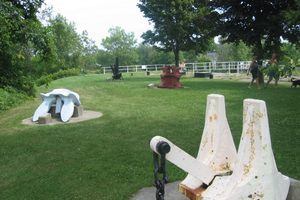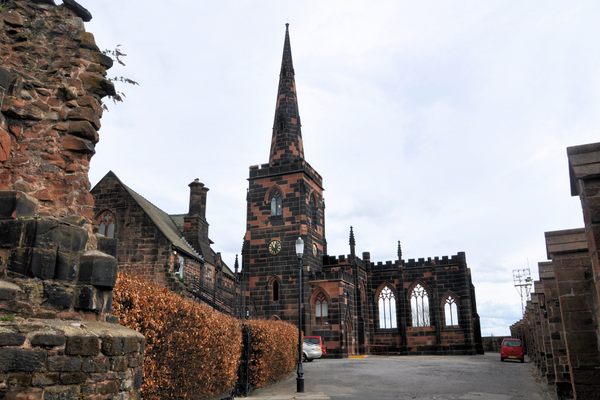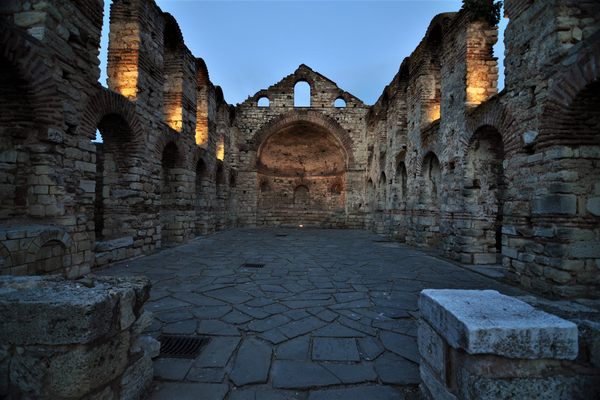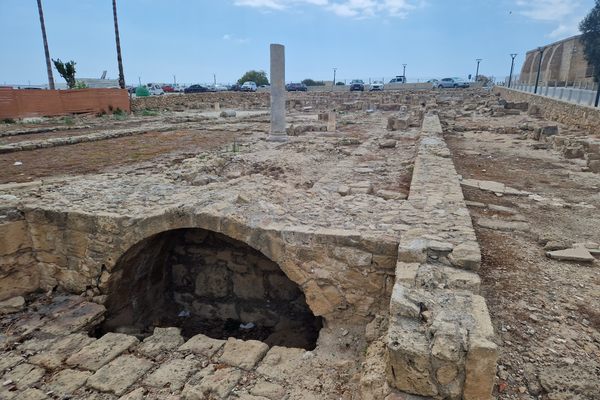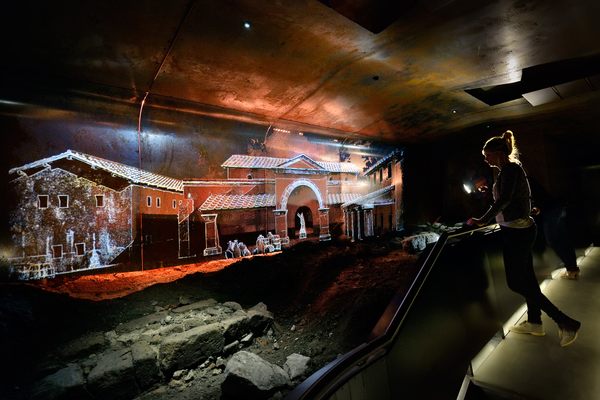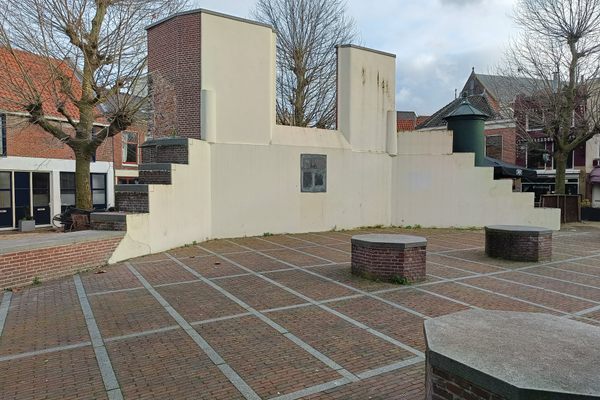About
The term Rivière-La Guerre is used interchangeably to refer to a river, a village that used to exist on its banks, and the nearby ruins of a Presbyterian church. In spite of what the toponym may suggest, the etymology of Rivière-La Guerre has nothing to do with the war. The name is, in fact, linked to François Benoît dit Laguerre who, during the 18th-century, was busy doing construction work along the river that was later named after him.
Today, maps label as Rivière-La Guerre as a piece of land at the intersection of Mnt Quesnel and CH Rivière à La Guerre, in the Saint-Anicet municipality. The only obvious evidence that there was once a village at this location is the ruins of its Presbyterian church and surrounding cemetery. The first settlers arrived mainly from Scotland during the 1820s, but the village was abandoned within 30 years of its founding due to persistent flooding caused by the building of a canal upstream. The church was constructed towards the end of this village’s short existence, between 1847 and 1851. It was used for 90 years with its last function being carried out in 1941.
Built entirely of stone, the church was particularly robust. Its chance for survival was further enhanced due to its construction on a mound, which elevated it ever so slightly compared with other buildings. But perhaps, what helped most to ensure its survival is that the building was a place of worship surrounded by gravestones, and as such, people may not have been willing to level it to the ground to make room for arable land. Which factor or combination of factors was instrumental for its survival is a matter of speculation, but survive it did.
Today, the church’s walls still look solid, but the roof is gone, and the elements have started scarring the external walls. All the doors and windows have pointed arches and wooden frames are still in place, albeit badly damaged.
Related Tags
Published
January 4, 2022
























